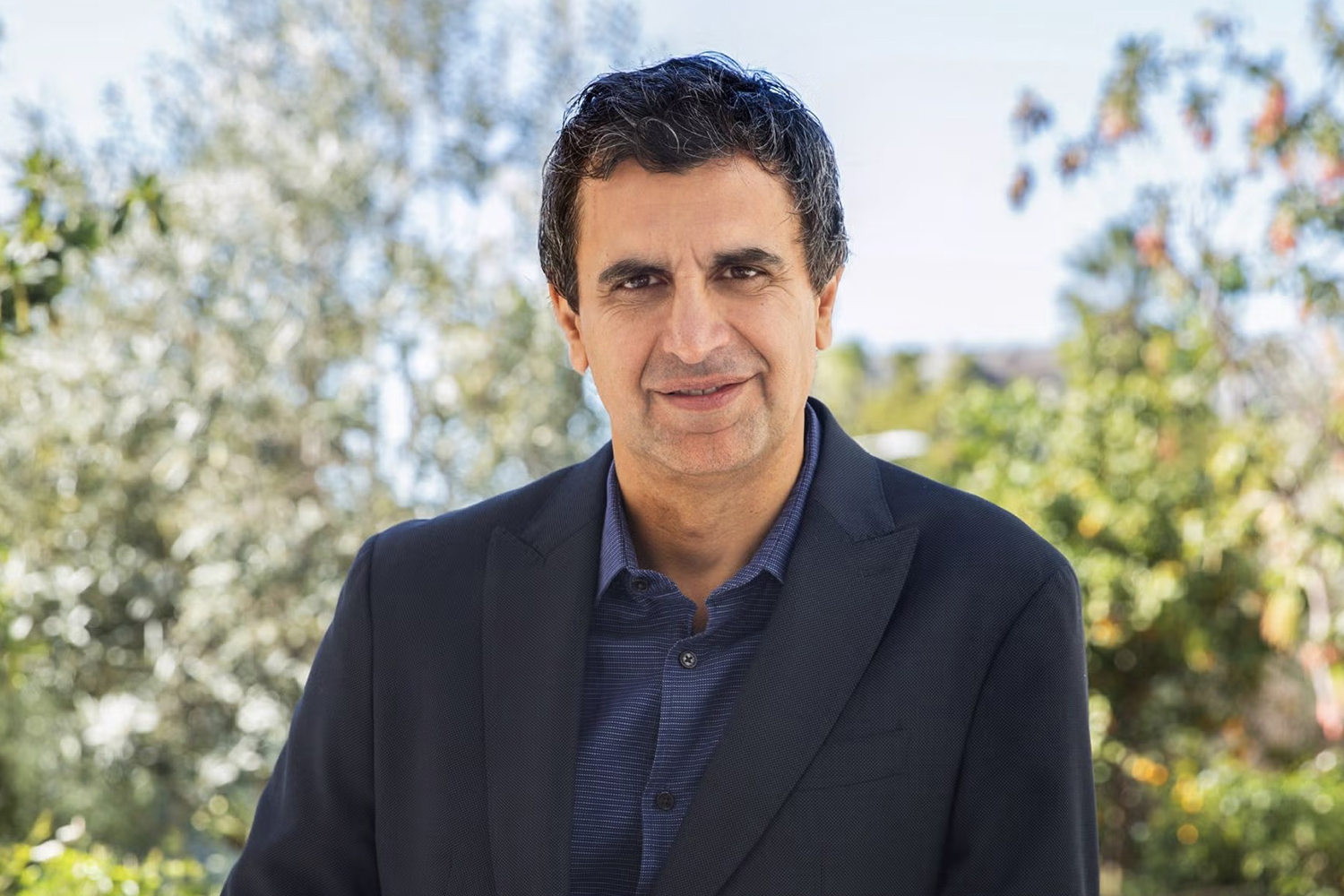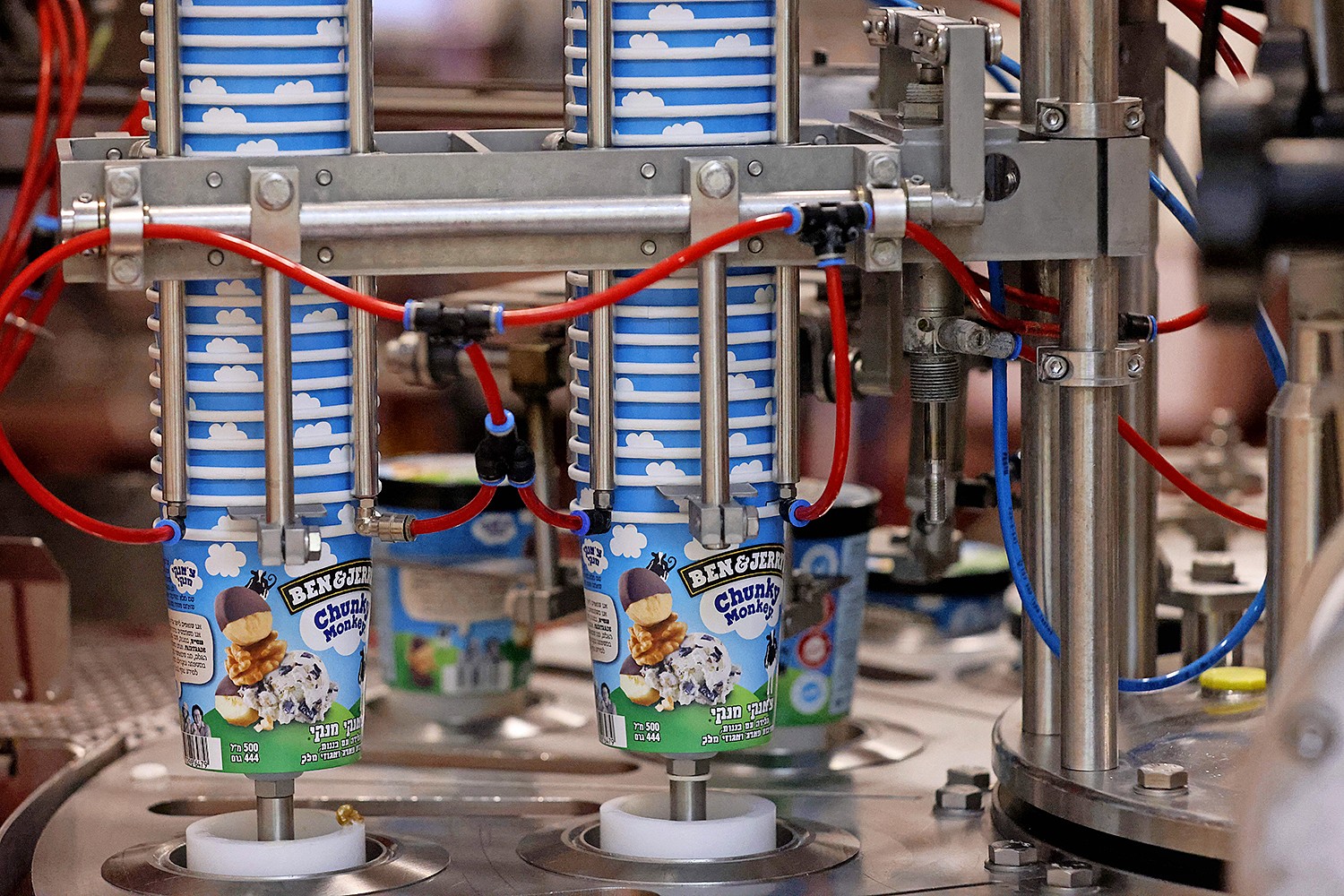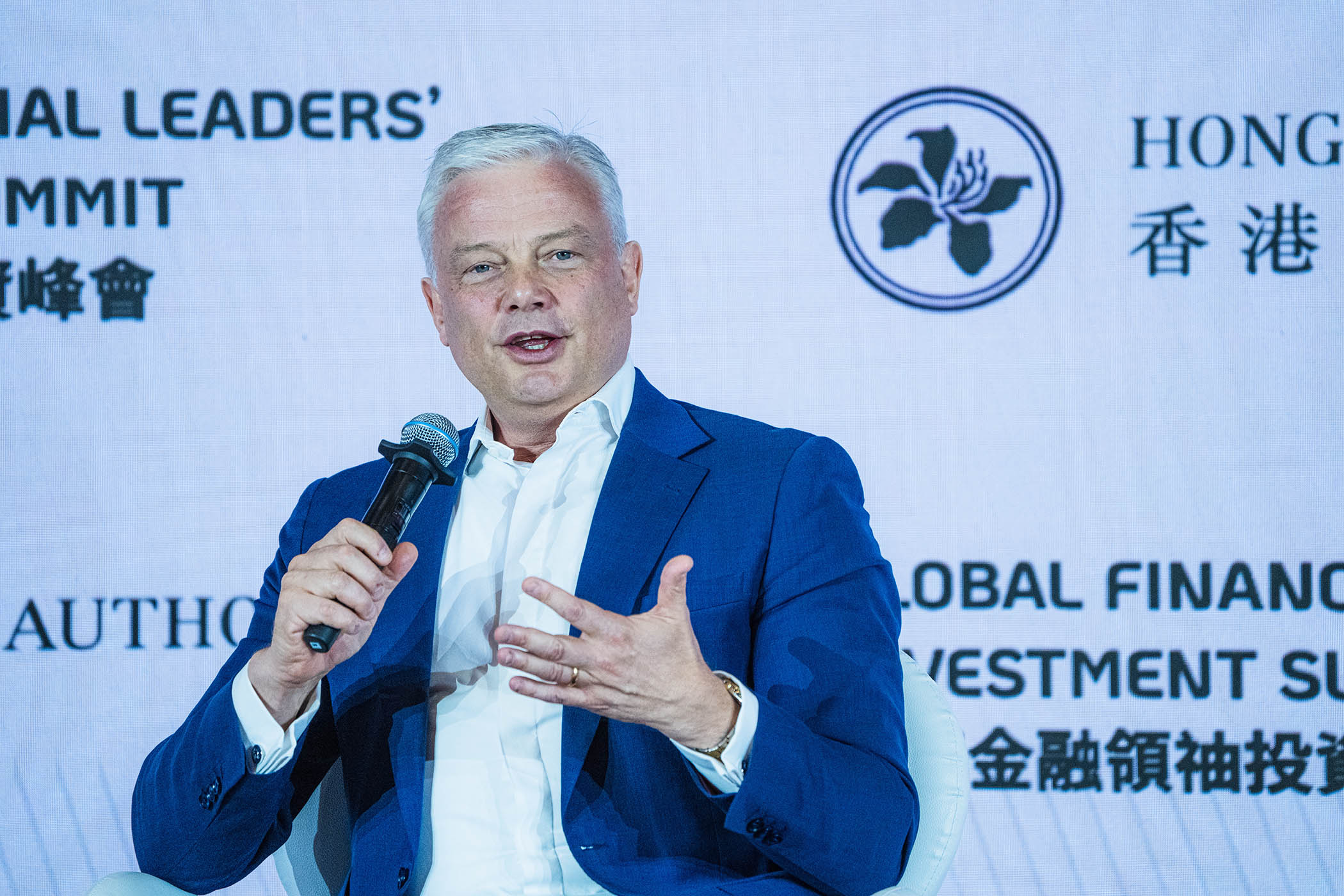Ice-cream is a seasonal business – except if you’re the CEO of Unilever, in which case it’s year-round. Fernando Fernandez, the new boss of the Marmite and Magnum-maker, has inherited a turnaround plan that so far has involved 6,000 job cuts, three chief executives in as many years, and the looming spin-off of its ice cream unit.
But there’s trouble in the frozen section. The independent board of Ben & Jerry’s, the Vermont-based ice-cream brand Unilever acquired in 2000, has accused the company in US court filings of trying to “silence” the social mission enshrined in its merger agreement and of firing its CEO because of his progressive politics.
Unilever has fired back, saying the board advocated “one-sided, highly controversial, and polarising topics” that put both companies and their employees at risk. It’s investigating the finances of Ben & Jerry’s charitable foundation and up to $5m in grants to progressive and pro-Palestinian groups, sources say.
During a results call on Thursday, Fernandez was forced to defend the investigations. Throw in tariffs and it’s clear that Fernandez’s task is no bowl of Cherry Garcia.
Unilever was in the vanguard of purpose-driven business, long before it was fashionable. Lord Leverhulme, the 19th-century soap magnate, enshrined public values in the company’s culture by building a village for his workers. More recently, former CEOs Paul Polman and Alan Jope also pledged to do well by doing good.
But Fernandez now finds himself hastily parachuted into the CEO’s office by the chair, Ian Meakins, at a time when the company is struggling to balance a vision for improved commercial performance with its own history of social justice. Ben & Jerry’s is now the problem in a pint-pot.
Fernandez took over in March after the preceding CEO, Hein Schumacher, was ejected after 18 months of steady performance and with just a week’s notice. Schumacher’s appointment had been rubber-stamped by Nelson Peltz, the activist investor who took a 1.5% stake in Unilever in 2022. A former senior employee of Unilever described Schumacher’s departure as a “headscratcher”. Another said they were “gobsmacked”.
Schumacher’s firing was a judgment call by Meakins. Normally, CEO recruitment requires a rigorous internal and external search. Instead, Fernandez, who was CFO at the time, was picked by the chairman, who then won the backing of the board. Their reputation is now tied to the performance of the CEO.
Fernandez has since sought to reassure an impatient board and shareholders by proposing an “influencer-led” marketing strategy, doubling down on sales in Brazil and India, where he wants an influencer “in every zip code”.

Underlying sales growth at 3% for the quarter beat analysts’ expectations but sales slumped in emerging markets that make up over half Unilever’s revenue. Fernandez needs to keep a beady eye on rising product prices, which are up 1.7% this quarter.
Newsletters
Choose the newsletters you want to receive
View more
For information about how The Observer protects your data, read our Privacy Policy
Banana split. Then there’s the activism question. Conflict in the Middle East has created ethical and operational challenges for many businesses, but few more so than Unilever. In 2021, the board of Ben & Jerry’s, under the leadership of Anuradha Mittal, announced the company would be ending sales of its ice-cream in the occupied West Bank.
An international outcry ensued. Alan Jope, CEO of Unilever at the time, received a call from Naftali Bennett, the Israeli prime minister, threatening to punish the parent company.
When Unilever tried to reverse curse and sell off the Israeli business and IP to the local distributor, Ben & Jerry’s board sued Unilever for allegedly violating the merger agreement.
After months of wrangling, a settlement was reached. A battle over the essence of corporate activism – “woke v growth” – had been “favourably resolved”. That was until November last year, when Ben & Jerry’s board once again filed a lawsuit against its parent.
This time it accuses Unilever of attempting to silence its social mission by threatening to dismantle the board and sue board members individually; blocking social media posts supporting Palestinian rights and Black History Month; and firing Dave Stever, the CEO of Ben & Jerry’s, without consultation.
Unilever says Stever chose to step down and that it sought “to consult in good faith with the board” about his role. It says the board declined to do so and instead made “the regrettable decision to put confidential career conversations regarding Dave’s future into the public domain”.
Unilever says it had “always stood squarely behind the importance of Ben & Jerry’s three-part mission – product, economic and social”.
Sources have claimed that Anuradha Mittal a “troublemaker” and the driving force behind Ben & Jerry’s litigious tilt.
Speaking to The Observer, Mittal rejected claims that she had twisted Ben & Jerry’s social mission, saying “refugee rights are refugee rights, never mind where you’re from”.
Potted history
2000: Unilever acquires Ben & Jerry’s for $326m. B&J retains an independent board to oversee its social mission.
2011: B&J announces its support for the Occupy Wall Street movement.
2021: B&J announces it will halt sales in Israeli-occupied territories. A backlash, lawsuits and accusations of antisemitism follow.
2022: Nelson Peltz becomes a main shareholder in Unilever. Hein Schumacher becomes CEO.
2024: B&J’s board files a lawsuit against Unilever, accusing it of “suppressing” its social mission and threatening board members.



